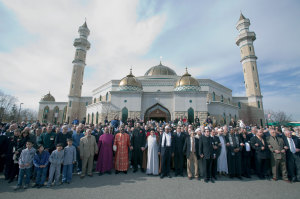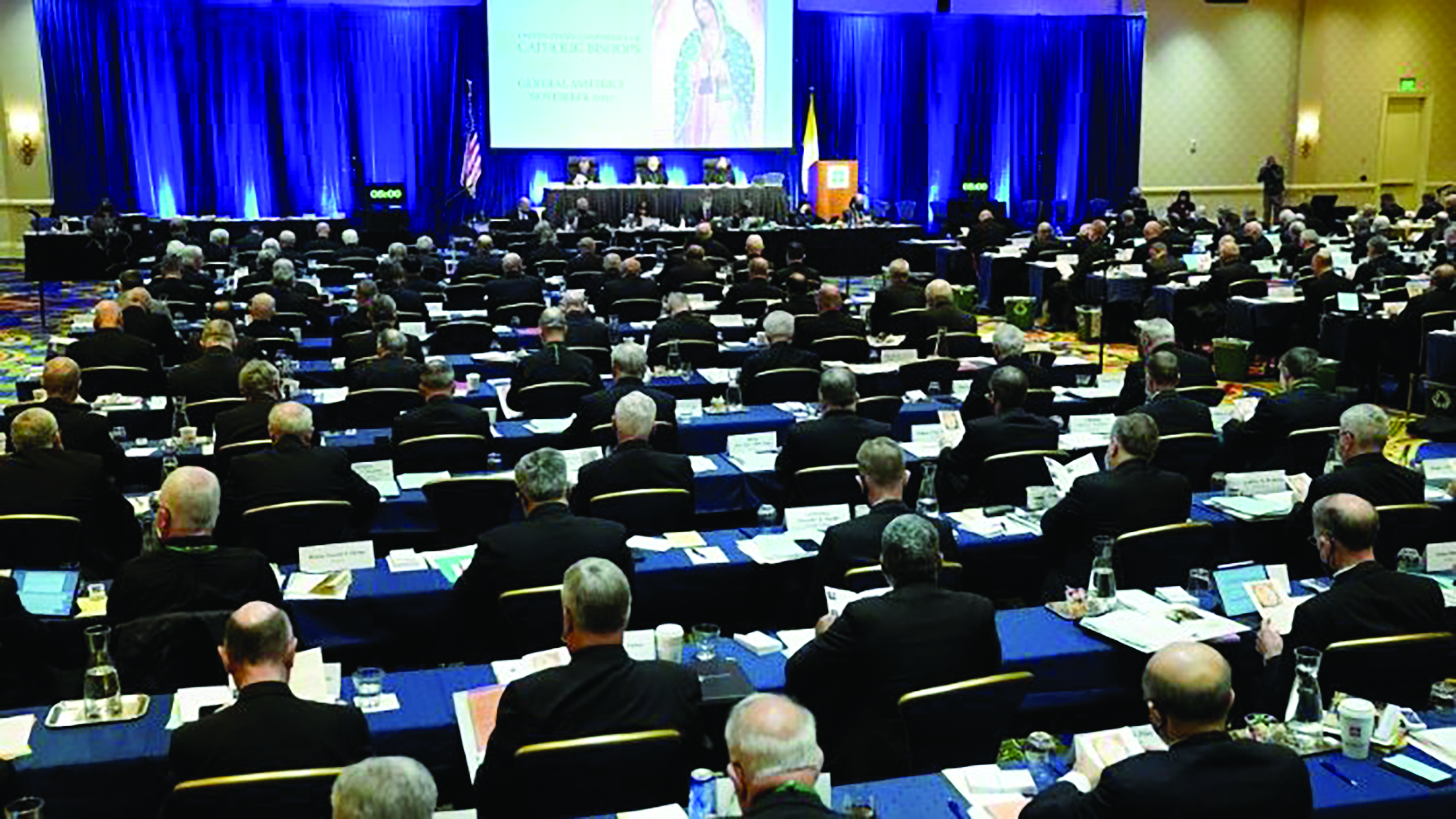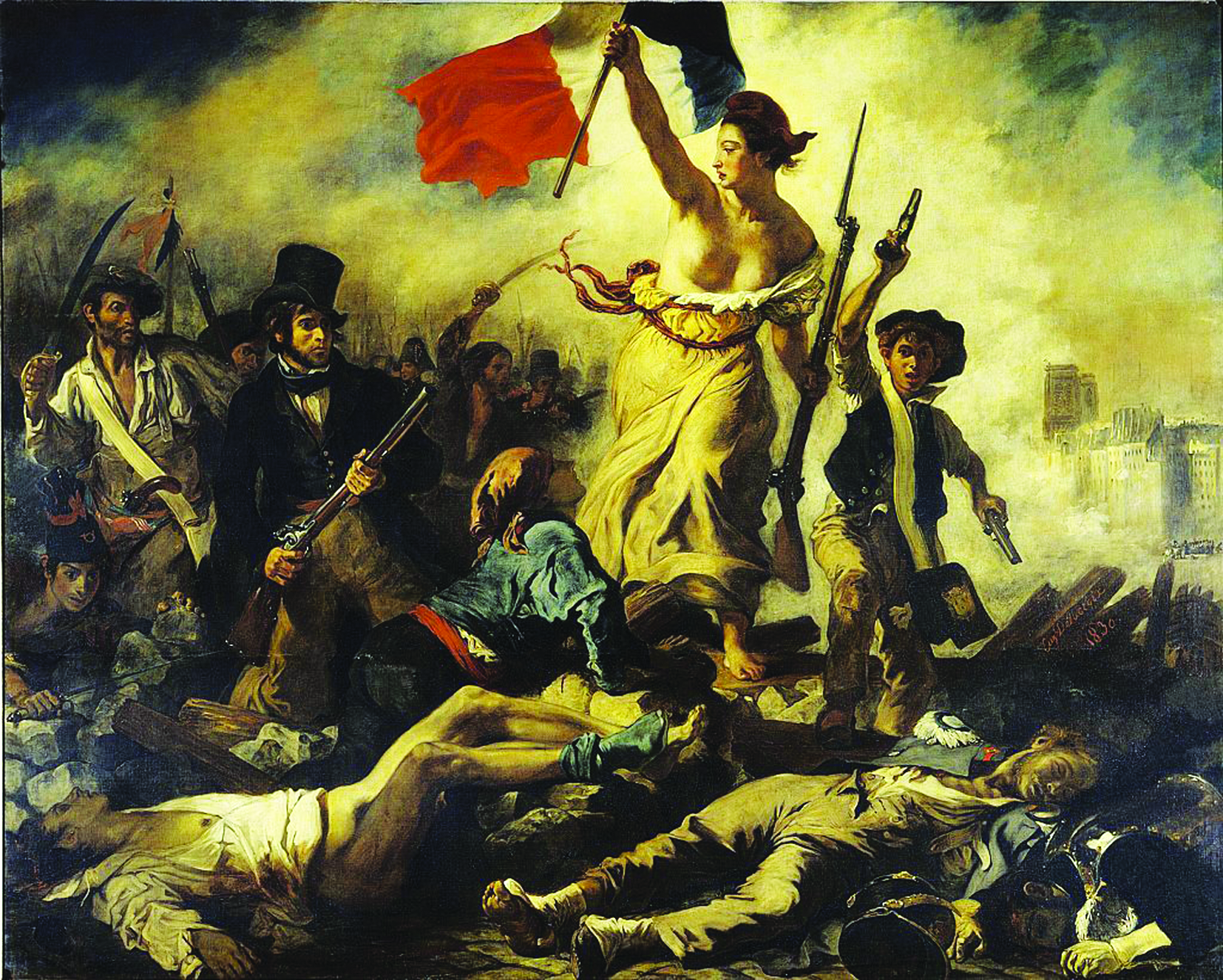Pope Francis tells scholars that Christians and Muslims need to study each other’s faith and values and “draw near each other on tip toes” without “raising dust”.
Education about one’s own faith and the faith of others is the most effective antidote to interreligious violence, Pope Francis told participants in a conference on Catholic-Muslim scholarship and dialogue. “When we meet people who profess their religion with conviction, their witness and thought challenge us and lead us to question ourselves about our own spirituality,” the Pope said January 24 to participants in the conference marking the 50th anniversary of the Pontifical Institute for Arabic and Islamic Studies in Rome.

Muslim, Christian and Jewish leaders hold a prayer service and vigil at the Islamic Center of America in Dearborn, Michigan.
Acknowledging “misunderstandings and difficulties,” as well as terrorist violence, Pope Francis and conference participants focused on the importance of believers knowing the teachings of their own faith and of learning to go beyond superficial and often prejudicial presentations of the faith of the other.
Listening, the Pope said, “is not only a necessary condition for mutual understanding and peaceful coexistence, but it is also an educational obligation” aimed at helping Christians and Muslims recognize each other’s values and concerns and identify those they have in common.
The academic study of another’s faith requires not only studying sacred texts and ancient sources, he said, it requires “a scientific approach inspired by awe and marvel.” “One must draw near to the other on tip toes without raising dust that clouds one’s vision,” he said.
The Pontifical Institute for Arabic and Islamic Studies was founded in Tunisia by the Missionaries of Africa to immerse missionaries in Arabic language and culture and the knowledge of mainstream Sunni Islam. It moved to Rome in 1964. Today, 32 students from around the world are enrolled in its licentiate program and 10 students are completing their doctoral degrees.
Polish Cardinal Zenon Grocholewski, prefect of the Congregation for Catholic Education and grand chancellor of the institute, told conference participants January 22 that the terrorist attack in early January on a satirical newspaper in Paris “demonstrates the urgency of a constructive encounter” between Christians and Muslims, one that denounces violence and promotes “the fundamental human values of respect for the inviolable dignity of every human person, respect for the freedom and dignity of religion and respect for the inalienable right to life.”
“Today more than ever, we need to meet each other and overcome all forms of prejudice with the aim of giving life to a renewed service of education marked by love, truth and respect for one’s neighbor,” the cardinal said.
Cardinal Jean-Louis Tauran, president of the Pontifical Council for Interreligious Dialogue, told the conference that education must be a priority in interreligious dialogue because “prejudice is born of ignorance,” both of one’s faith and the faith of the other. Such knowledge, he said, is the only way to counteract prejudice, including, for example, “confusing true Muslim believers with criminals.”
The conference January 22-24 was supported by the education congregation, the pontifical council, Georgetown University in Washington and by the German embassy to the Holy See.
Annette Schavan, the German ambassador and former minister of education, told participants that governments must take religion more seriously and promote the study of religion at every level. In countries like Germany, where the schools and Catholic and Protestant churches collaborate to provide religious education in public schools, similar opportunities must be provided for Muslim students.
“If you want to facilitate integration,” she said, “you have to welcome religion.”
Azyumardi Azra, a Muslim academic from Indonesia and longtime participant in dialogues with Christians, told the conference Jan. 23 that particularly in Europe where Muslims are a minority and often living in poor neighborhoods surrounded by other poor Muslims, it is essential to provide education and support mosques that promote “middle-path” or mainstream Islam.
The “two extremes” — “literal extremism” and “liberal fundamentalism” — distort traditional Islamic teaching and practices, provoking alienation and anger, he said. “As long as Muslims are isolated, as long as they live in ghettos, particularly with the continuing economic crisis, the situation is not going to improve.”
Amer Al-Hafi, a professor and deputy director of the Royal Institute for Interfaith Studies in Amman, Jordan, and one of the first Muslims to receive a Vatican scholarship to study Christianity in Rome, told the conference, “Bad teaching about another religion is worse than not teaching at all.”
His goal in teaching Muslims about Christianity, he said, is to highlight “what is common to all of us.” Like any convinced believer, he said, he is not advocating “a unity of religions, but a unity of human beings.”
“God is not the leader of my tribe,” he said. “God is the creator of all humanity.”
The way a believer interprets the sacred texts of his or her religion, Al-Hafi said, is naturally influenced by the person’s life, culture and language. “If some people kill in the name of the text and some people love in the name of the text, what do you choose?”
At times in history both Christians and Muslims have used their sacred texts to justify violence, he said. It is the responsibility of believers to defend their texts from such abuse. “It is not only an Islamic problem,” he said.






Facebook Comments